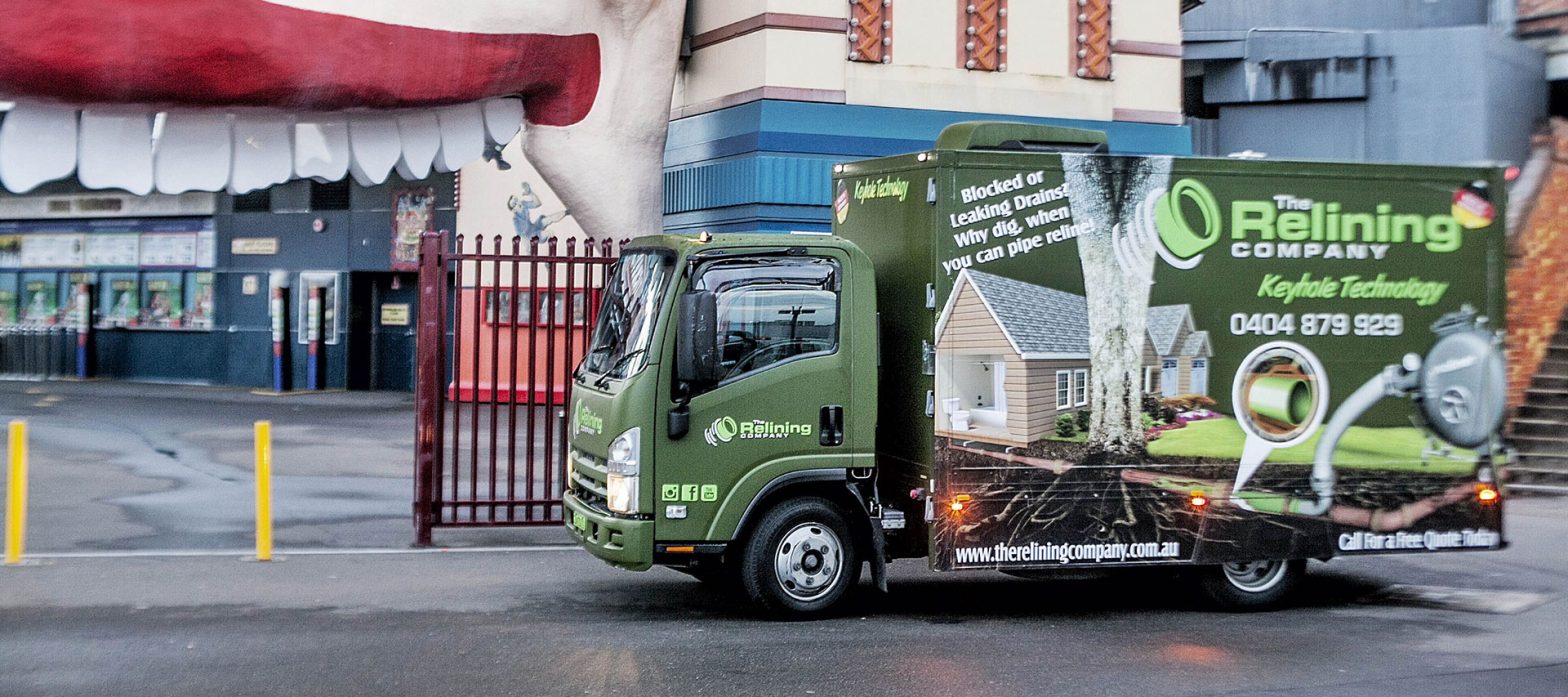Drain pipe relining, a pioneering solution in the realm of plumbing, offers a trenchless alternative to traditional drain repair methods. Instead of exhaustive excavation, a resin-cured liner is seamlessly inserted to rehabilitate the existing pipe.
Its rapid adoption in commercial plumbing shows its efficiency and minimal disruption, proving invaluable for businesses where time and functionality are of the essence.
Commercial venues, given their larger footprints and frequent public interactions, face unique challenges in drain maintenance. They need efficient and effective solutions that don’t impede their daily operations or the experiences of their customers.
In this article, we’ll explore how drain pipe relining caters to these specific commercial needs and the inherent pros and cons of its adoption. Let’s dive in.
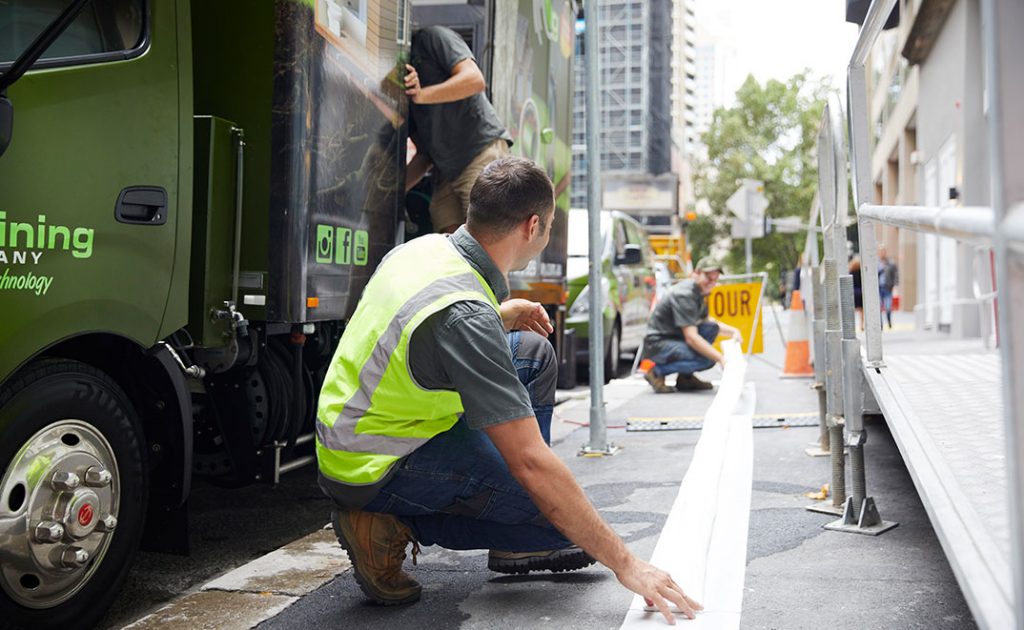
Advantages of Drain Pipe Relining in Commercial Projects
In the world of commercial enterprises, efficient solutions that minimise disruption are essential. Drain pipe relining emerges as a game changer, offering a plethora of benefits tailored to diverse commercial applications.
Let’s dive into the key advantages that make this method a top choice for businesses.
Strata Buildings
Cost Effectiveness
Strata buildings house multiple units, often with intertwined plumbing systems. Traditional repair methods, which require extensive excavation and replacement, can quickly escalate costs.
Drain pipe relining offers a more economical alternative. By rejuvenating the existing pipes from within, strata committees can circumvent hefty expenses associated with large-scale replacements and extensive groundwork.
Minimal Disruption
In multi-unit residential structures, ensuring that residents face minimal inconvenience is crucial. Drain pipe relining, being a trenchless technology, circumvents the need for extensive digging, keeping common areas intact and reducing the disturbance of daily life.
Industrial Buildings
Speed of Repair
Industrial facilities prioritise efficiency, with any downtime translating to potential revenue losses. The rapid repair process of drain pipe relining means these facilities can resume operations sooner, protecting the bottom line.
Durability
Industrial settings demand robust solutions. The resin cured-in-place-pipe (CIPP) relining technique not only fixes existing damage but fortifies the pipe against future issues. Its resistance to harsh industrial conditions ensures longevity.
Civil Works
Improved Flow
Efficient drainage is paramount in civil construction projects to prevent waterlogging and maintain structural integrity. Relined pipes often have smoother surfaces, facilitating better flow and preventing blockages.
Cost Analysis
For expansive civil works, budgets can balloon if traditional repair methods are employed. Drain pipe relining offers a cost-efficient approach by curtailing excavation and labour expenses, proving economical in the long run.
Commercial Plumbers
Minimal Disruption
Commercial plumbers often work in active business environments where disruptions can adversely affect clientele. With drain pipe relining, these plumbers can execute repairs seamlessly, preserving the business ambience.
Compatibility
The relining materials, specially designed for commercial applications, integrate smoothly with existing plumbing systems. This ensures that repairs remain robust, and the renewed pipes work harmoniously with the larger commercial plumbing system.
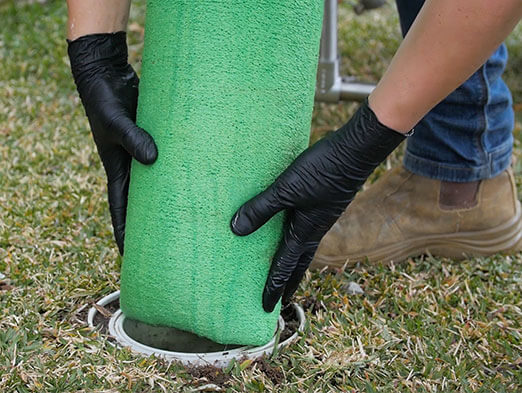
Disadvantages of Drain Pipe Relining in Commercial Projects
While drain pipe relining offers a multitude of benefits for commercial projects, it’s essential to acknowledge its potential limitations. Different commercial settings might face distinct challenges when opting for this method.
Let’s delve into these nuances, ensuring an informed decision tailored to each customer type.
Strata Buildings
Existing Damage
In some strata buildings, the level of damage to the drainage system can be so extensive that relining might not be viable. Severely compromised pipes or large-scale disintegration may demand more traditional, invasive solutions.
Initial Cost
While drain pipe relining can lead to long-term savings, the upfront investment can sometimes strain strata budgets. Committees need to weigh immediate expenses against long-term value.
Industrial Buildings
Limited Access
Certain industrial facilities, given their layout or the placement of their drainage systems, may pose access challenges for relining. This necessitates alternative methods.
Compatibility
In industrial settings, it’s paramount to select relining materials that can withstand the type of waste the pipes carry, especially if they’re chemically aggressive or at high temperatures.
Civil Works
Project Duration
In civil construction, time is of the essence. While relining can be faster than traditional methods, any delay in sourcing materials or unforeseen challenges can affect the project’s timeline.
Disruption to Business
Any drainage issues during civil works can cause disruptions, impacting not only the progress of the project but potentially affecting surrounding businesses or infrastructure.
Commercial Plumbers
Compatibility
Commercial plumbers need to ensure that the relining materials they use are compliant with commercial plumbing standards and can cater to the specific requirements of commercial projects.
Cost Analysis
While relining can offer long-term benefits, commercial plumbing businesses need to consider the immediate cost implications, especially when they’re passing these costs onto clients.
Making the right choice in relining methods and materials becomes essential for maintaining competitive pricing while ensuring quality work.
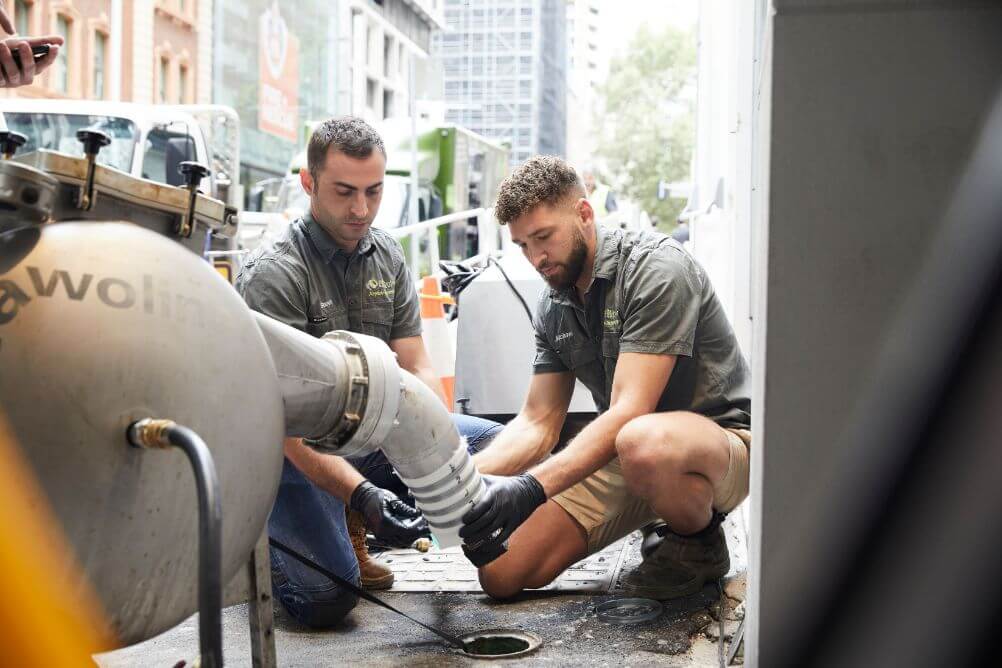
Comparing Drain Pipe Relining to Traditional Repairs in Commercial Projects
In commercial plumbing, the choice between drain pipe relining and traditional excavation methods is critical. As we delve into the specific requirements and challenges of different commercial entities, we want to provide clarity on which approach aligns best with their unique needs.
Strata Buildings
Cost Analysis
When comparing drain pipe relining to traditional excavation methods in strata settings, relining often presents a more cost-effective solution. Not only are there direct savings from reduced labour and equipment needs, but there’s also the added advantage of potentially avoiding associated costs like landscape restoration.
Project Duration
Traditional excavation can be a lengthy process, especially in multi-unit strata complexes. Drain pipe relining, in contrast, offers a swifter solution, leading to minimised disruption and faster project completion.
Industrial Buildings
Durability
In the demanding environments of industrial facilities, the durability of repairs is essential. While traditional methods have their merits, relining provides a robust, long-lasting solution that stands up to the rigours of industrial use.
Disruption to Business
The reduced downtime with drain pipe relining compared to traditional excavation methods can’t be overstated. Every hour saved is critical for business operations, making relining a preferable choice.
Civil Works
Efficiency
In large-scale civil projects, efficiency is crucial. Drain pipe relining, with its streamlined process and reduced need for heavy equipment, often proves to be the more efficient method.
Compatibility
Relining materials are versatile and can seamlessly integrate with different types of infrastructure commonly encountered in civil projects.
Commercial Plumbers
Cost-Effectiveness
For commercial plumbers, the overall cost implications matter. Relining, with its fewer equipment and manpower needs, often translates to cost savings, making it an attractive option for many projects.
Minimal Disruption
A swift repair process without major excavations ensures that commercial plumbers can maintain a smooth workflow. This minimised disruption translates to enhanced client satisfaction, cementing their reputation for efficiency and professionalism.
Is Drain Pipe Relining Right for Your Commercial Venue?
For commercial property owners, managers, and plumbers, deciding on the right repair solution requires careful consideration of unique venue challenges and needs.
Drain pipe relining is a state-of-the-art method that offers significant advantages, but its suitability hinges on specific venue conditions and project demands. Instead of navigating these complex decisions alone, it’s recommended that you seek consultation from seasoned professionals.
The Relining Company, with our vast expertise in commercial relining projects, can provide invaluable insights, assess your venue’s specific requirements, and offer tailored solutions.
Trusting experts ensures that your chosen approach aligns perfectly with your commercial project’s needs.
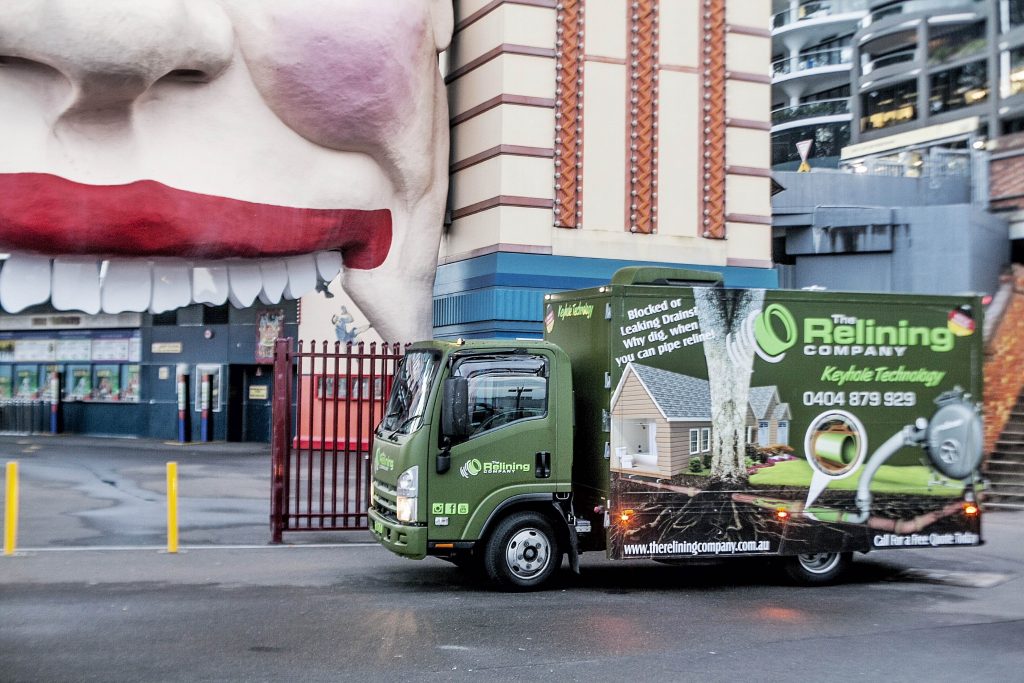
Making the Right Choice for Your Commercial Venue
Drain pipe relining, with its distinct advantages, presents a compelling option for many commercial projects. Yet, each venue type may encounter specific challenges and requirements, underscoring the need for a holistic understanding of potential disadvantages.
In commercial settings, where stakes are high, well-informed decisions in plumbing and drainage repair projects are essential. That’s exactly why commercial stakeholders and plumbers must tap into expert resources.
The Relining Company team is ready to help, backed by our vast industry experience, ensuring tailored solutions that best solve your commercial drainage problems. Get in touch with us today!
Back to Top